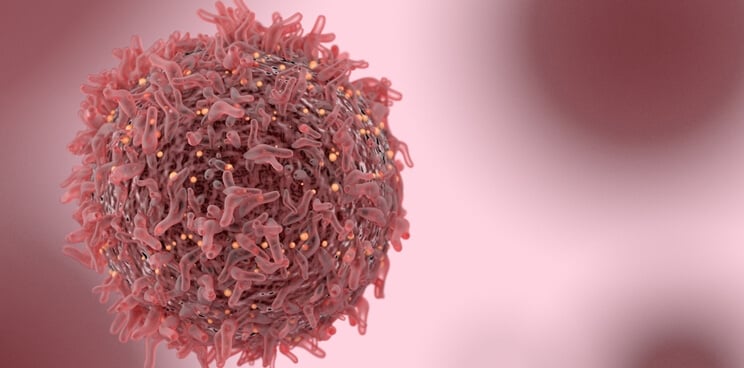Newsletter Signup - Under Article / In Page
"*" indicates required fields
A company standardizing cancer diagnostic tissue testing with the first immunohistochemistry (IHC) laboratory reference standards has received $510,000 clearance from the U.S. Food and Drug Administration (FDA).
The money will go towards Boston Cell Standards IHControls panel for evaluating breast cancers. The clearance represents regulatory approval.
“IHControls represent a giant step forward in standardization in the anatomic pathology lab, especially in detecting low estrogen receptor-expressing tumors,” said Matthias Szabolcs, director, immunohistochemistry laboratory, at Columbia University.
Predictive value
“Today, we can establish which patients will not benefit from an immunotherapy, but not how well they will respond to another treatment. IHControls may give anatomic pathologists the ability to increase positive predictive value, allowing us to determine which patients will benefit, and by how much.”
The company said IHC’s category of tests informs diagnosis and treatment decisions in cancer, lacks analytic reference standards that ensure all tests are aligned with one another. It said without IHC reference standards, different labs can – and often do – return different results from the same sample.
Rates of clinically inadequate IHC testing are roughly 10 times that of clinical blood testing labs, with test discrepancy rates of 10 to 30%. To address this deficiency, Boston Cell Standards invented the first and only IHC reference materials, including linear range on-slide controls (IHControls) for verification of IHC assay accuracy and calibrators (IHCalibrators) with units of measure traceable to objective, quantitative standards.
Synthetic controls
The company said IHControls ensure that all IHC tests, on all patient samples, are performed correctly. Any variation in the IHC reagents, instrument, or protocol can affect the test result. IHControls detect these perturbations in a highly sensitive manner because, for the first time, the control concentration is consistently matched to the assay. The sensitivity, specificity, reproducibility, stability, and real-world performance of IHControls has been validated and published.
“There is a clear precedent for synthetic controls in other disciplines of pathology, particularly in clinical chemistry,” added Steve Bogen, CEO of Boston Cell Standards and a board-certified clinical pathologist.
“We expect this quantitative approach to calibrators and controls – specifically, the first linear range controls on the market – to improve quality and reduce laboratory costs compared with other controls.”
Oncology R&D trends and breakthrough innovations







